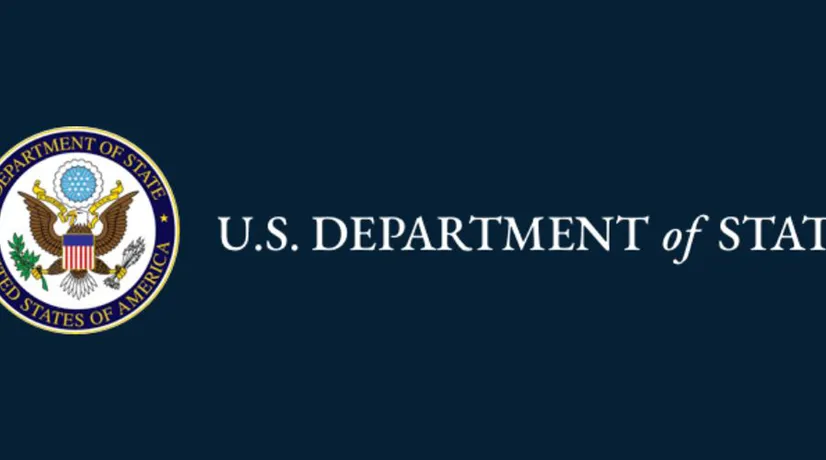2022 Country Reports on Human Rights Practices: Burma
20 March 2023

EXECUTIVE SUMMARY
Burma’s military overthrew the democratically elected civilian government via a coup d’état on February 1, 2021, declaring a state of emergency and transferring all executive, legislative, and judicial authorities to the State Administration Council, an authoritarian military-run administrative organization led by armed forces Commander-in-Chief Min Aung Hlaing. The regime extended the state of emergency by six months in January and again in July. The opposition National Unity Government, some ethnic armed organizations, civil society groups, and deposed civilian leaders continued efforts to restore democracy and apply reforms to address military abuses.
The Burma Police Force is primarily responsible for internal security. The Border Guard Police is administratively part of the Burma Police Force but operationally distinct. Both fall under the Ministry of Home Affairs, led by an active-duty military general and itself subordinate to the military command. Regime armed forces, as in prior years, were engaged almost exclusively in internal activities, including violence against prodemocracy actors and ethnic armed organizations. Members of the regime security forces continued to commit atrocities and numerous gross violations of human rights across the country.
Deposed State Counsellor Aung San Suu Kyi, President Win Myint, and other leading members of the deposed civilian government and National League for Democracy party remained in detention. Armed opposition efforts, and to a lesser degree nationwide prodemocracy protests and actions by the Civil Disobedience Movement, continued to disrupt the regime’s ability to exert full administrative control over governing institutions. The regime responded with violent repressive tactics such as the continued arrest of political opponents, the reported use of extensive lethal violence against unarmed persons, torture, sexual violence, and other abuses.
Significant human rights issues included credible reports of: unlawful or arbitrary killings, including extrajudicial killings; forced disappearances; torture or cruel, inhuman, or degrading treatment or punishment by the regime; harsh and life-threatening prison conditions; arbitrary arrest or detention; political prisoners or detainees; transnational repression against individuals in another country; serious problems with the independence of the judiciary; arbitrary or unlawful interference with privacy; punishment of family members for alleged offenses by a relative; serious abuses in a conflict, including reportedly unlawful or widespread civilian harm, enforced disappearances or abductions, torture, and physical abuses or punishment; unlawful recruitment or use of child soldiers; serious restrictions on freedom of expression and media, including violence or threats of violence against journalists, unjustified arrests or prosecutions of journalists, censorship, and the existence of criminal libel laws; substantial interference with the freedoms of peaceful assembly and association; particularly severe restrictions on religious freedom; restrictions on freedom of movement; the inability of citizens to change their government peacefully through free and fair elections; serious and unreasonable restrictions on political participation; serious government corruption; gender-based violence carried out by the regime; lack of investigation of and accountability for gender-based violence; crimes involving violence or threats targeting members of national and ethnic minority groups; trafficking in persons; the existence of laws criminalizing consensual same-sex sexual conduct between adults, although those laws were rarely enforced; significant restrictions on workers’ freedom of association, including violence and threats against labor activists; and some of the worst forms of child labor.
Impunity for abuses by regime officials and security forces was absolute. There was no credible information that the regime took actions to prosecute or punish those responsible for human rights abuses or corruption.
Some ethnic armed organizations and Peoples Defense Force groups or members committed human rights abuses, including killings, disappearances, physical abuse and degrading treatment, and failure to protect local populations in conflict zones.
View the original
Announcements
28 February 2025
Asian NGO Network on National Human Rights Institutions , CSO Working Group on Independent National Human Rights Institution (Burma/Myanmar)
Open letter: Removal of the membership of the dis-accredited Myanmar National Human Rights Commission from the Southeast Asia National Human Rights Institution Forum

Progressive Voice is a participatory rights-based policy research and advocacy organization rooted in civil society, that maintains strong networks and relationships with grassroots organizations and community-based organizations throughout Myanmar. It acts as a bridge to the international community and international policymakers by amplifying voices from the ground, and advocating for a rights-based policy narrative.